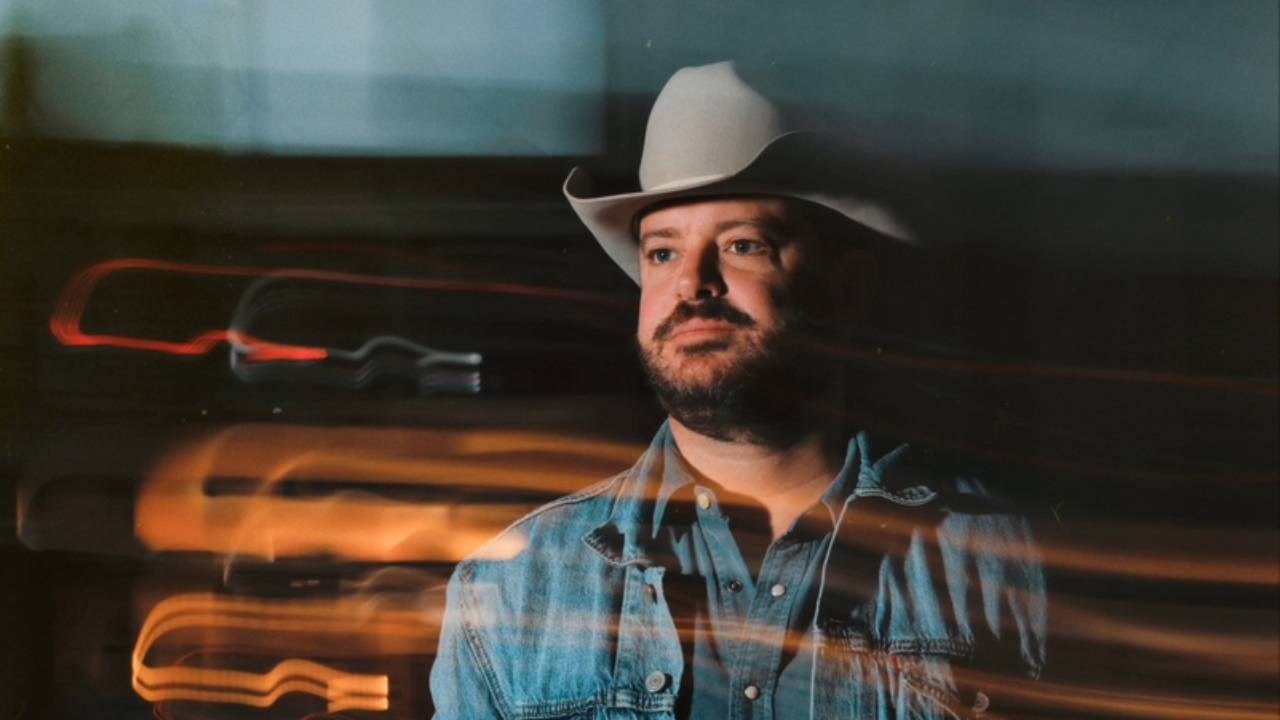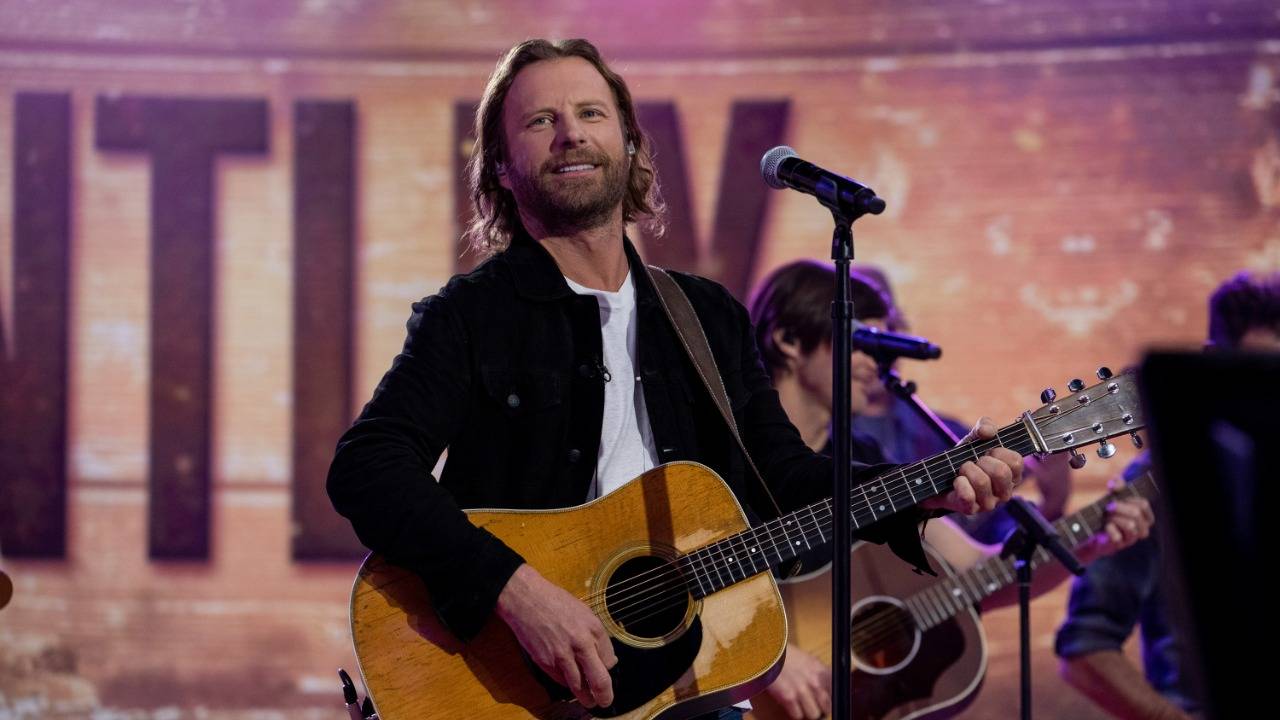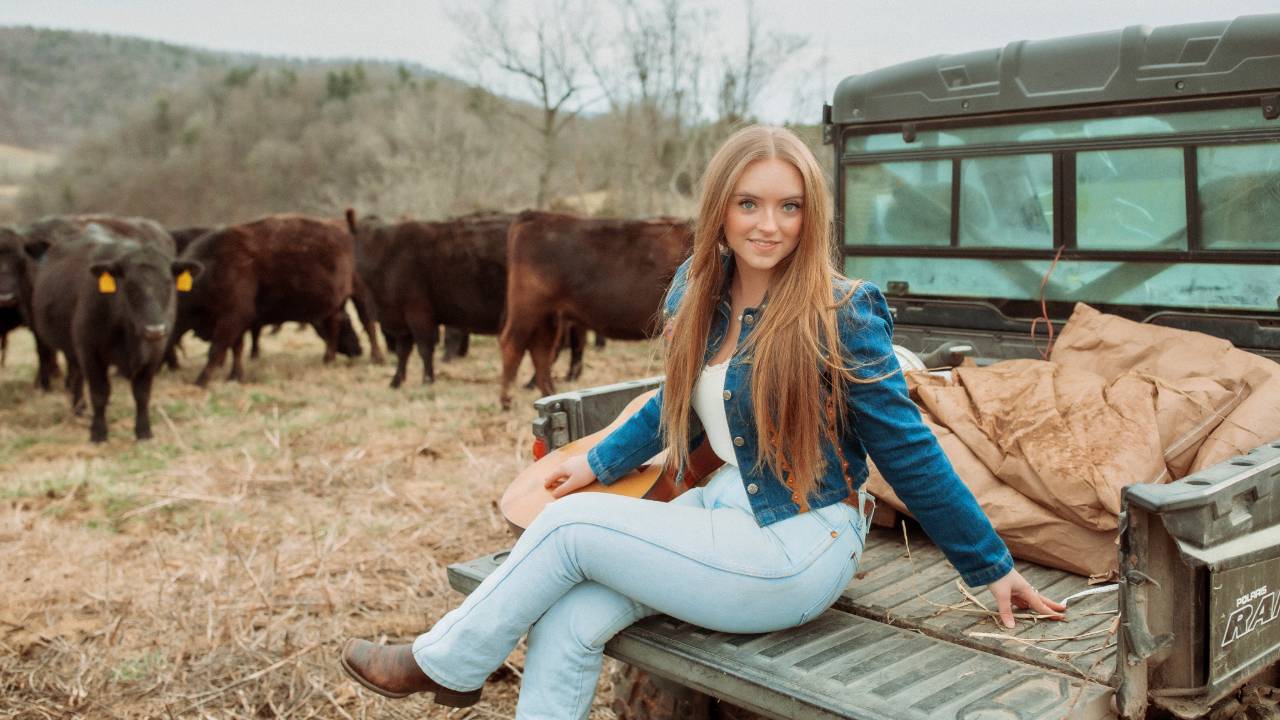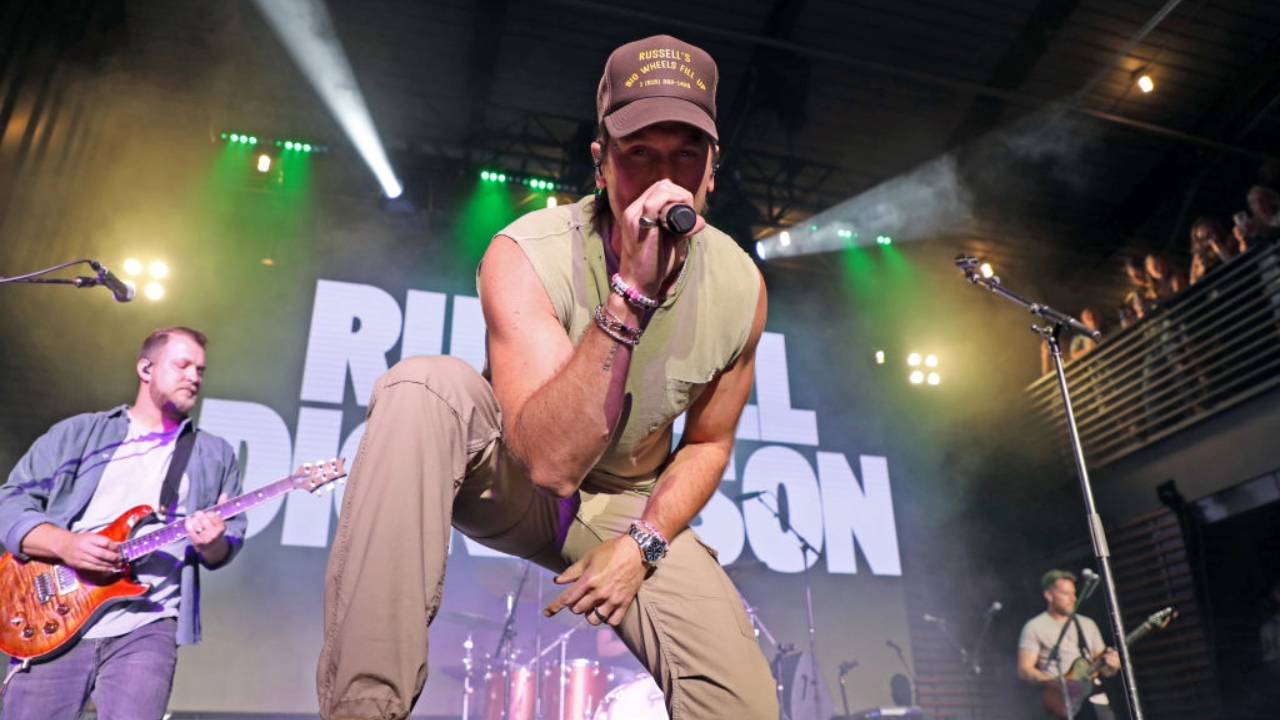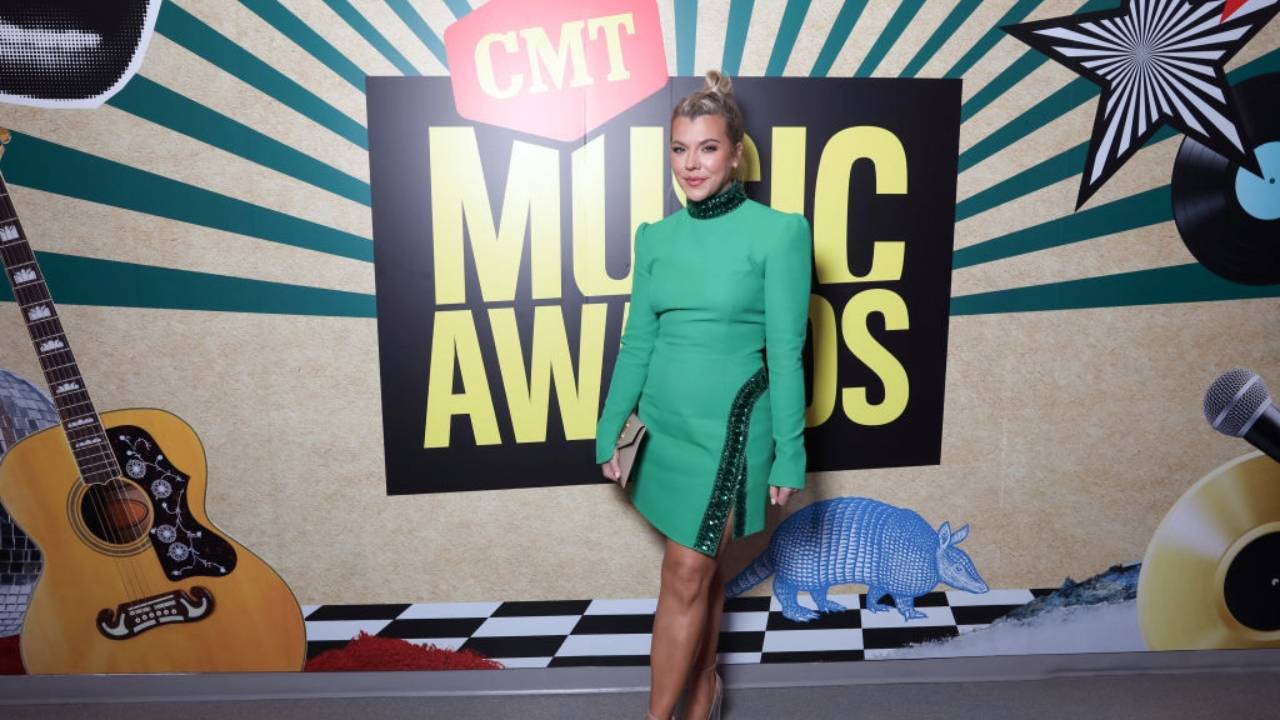George Strait Sings Praises of Gruene Hall

In 1974, Pat Molak -- who refers to himself as "one of the world's worst stockbrokers" -- was looking to get into the music business. Specifically, he wanted to buy a dance hall and, following a tip from a friend, he ultimately wound up at the spacious, unassuming Gruene Hall in Gruene, Texas, a small community located about halfway between Austin and San Antonio.
When he walked in the front room, he thought the place looked like any other little bar. But while he was looking for the men's room, he stumbled upon the long-neglected back bar, which the owners were haphazardly using as a storeroom.
"I looked up, and the stage was still there and all the old signs were still there," he remembers. "I looked around and thought, 'What an awesome joint.' It is hard to describe. Every now and then I say it's like an old barn, but it has so much character."
Molak promptly decided to buy the place, as well as several buildings nearby, then hired himself as the daytime bartender. He'd open the door to some old guys who'd bring sack lunches and maybe buy a beer. Within a few months, he brought on Nanette Sullivan as his general manager. She still works there.
Almost immediately, live music returned to the dance hall in a big way -- thanks in part to a young unknown named George Strait, whose Ace in the Hole band played one or two shows a month there starting in 1975.
"I have many great memories of playing at Gruene Hall," Strait says. "It was definitely one of the highlights of my early career. Pat Molak, who owns it and I still consider a friend, let us play there one Sunday afternoon for, I think, 50 cents at the door. He had never heard us and wanted to check us out before he let us do a weekend night. This led to many great nights at one of Texas' greatest dance halls."
Molak remembers, "They would come down from San Marcos in a couple of trucks and load their own gear. George had that fabulous voice. They were just four guys. They didn't have a roadie. They didn't have anything. ... Back then, the music business was a lot different -- at least the way we did business. We didn't share the door. It finally got to where it was so crowded, I said, 'Let's split the door, 50/50.' We didn't have an office, so Tommy Foote, who is still George's road manager, and I would just settle up on the pool table -- '10 for me, 10 for you.'"
Within a few years, the handsome 28-year-old newcomer was photographed there for his debut album, nonchalantly leaning on the long tables and flashing his million-dollar grin.
"I shot my first album cover there, but one picture that I always wanted to get, but never did, was after the crowd had gone -- all the longnecks covering all the tables," Strait says. "It was a pretty good sign that a good time was had by all."
Although he may be the Gruene Hall's biggest success story, the stage has also nurtured promising talent such as the Dixie Chicks, Robert Earl Keen, Hal Ketchum and Lyle Lovett, and the bar continues to draw local legends like Asleep at the Wheel and Jerry Jeff Walker. Black-and-white 8x10 photos from past performers adorn the crowded walls in the front bar. A chalkboard above the bar announces the future shows from artists like Jason Boland, the Derailers, Elana James, Reckless Kelly, Charlie Robison or Kelly Willis.
Ernest Tubb was one of the first bands to play there after Molak took it over. "He came in with his Western string tie, dressed to the nines," he recalls, "and he was a perfect gentleman."
In recent years, the venue has hosted Bo Diddley, Merle Haggard, Jerry Lee Lewis, Little Richard, Delbert McClinton, Willie Nelson and George Thorogood. Baseball great Nolan Ryan celebrated his 50th birthday there. None other than John Travolta danced there while filming his 1996 movie, Michael. On weekend afternoons, tourists poke their heads inside for a quick look, then stick around for a set of acoustic, traditional country music. They might experience a double take on Sunday afternoons when patrons order longnecks during gospel brunch.
The town of Gruene is named for Ernst Gruene, a German immigrant who settled on the land near New Braunfels in 1845. His son Henry planted cotton on the land, which brought industry and people to the village. The first store was built in 1878, followed shortly thereafter by Gruene Hall and a host of stores. However, when the Depression put an end to nearly all of them, Gruene Hall remained open. As such, it is the oldest dance hall still operating in Texas.
People who look at their feet when they two-step will notice license plates nailed to the floor to patch up the rough spots. Some of the plates are dated from 1948 or 1950. Others are much more recent. Molak chalks it up to tradition.
"That floor is the same floor as when we got there," he says. "People say, 'What are you going to do with that floor?' I say, 'Man, we're not going to do nothing to it. It's just right.' There are a few places in there -- everybody knows where they are -- people say, 'Somebody's going to fall through there one of these days.' I say, "Well, maybe so.' ... But we're just hanging. That's part of the ticket."
What makes Gruene Hall so special? Strait says, "Atmosphere, definitely. It's so laid back, nothing fancy. The way a dance hall should be. The location doesn't hurt anything, either. I hope it never changes."
Molak, who turns 60 in June, says, "The musicians can get so close with the fans. They're right there, and they feed off the energy off the fans. If there is such a thing as karma, whatever that old joint has in it, I think everybody feels it when they walk in there. It is a special place. All I did was find it."
